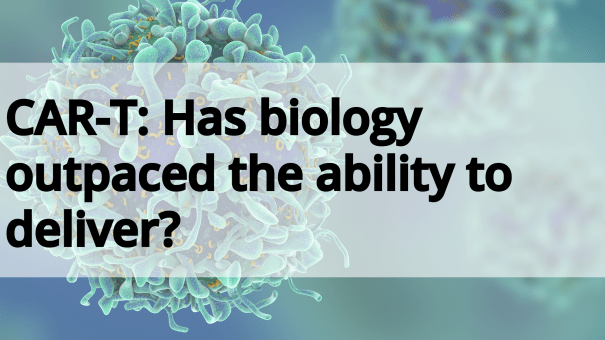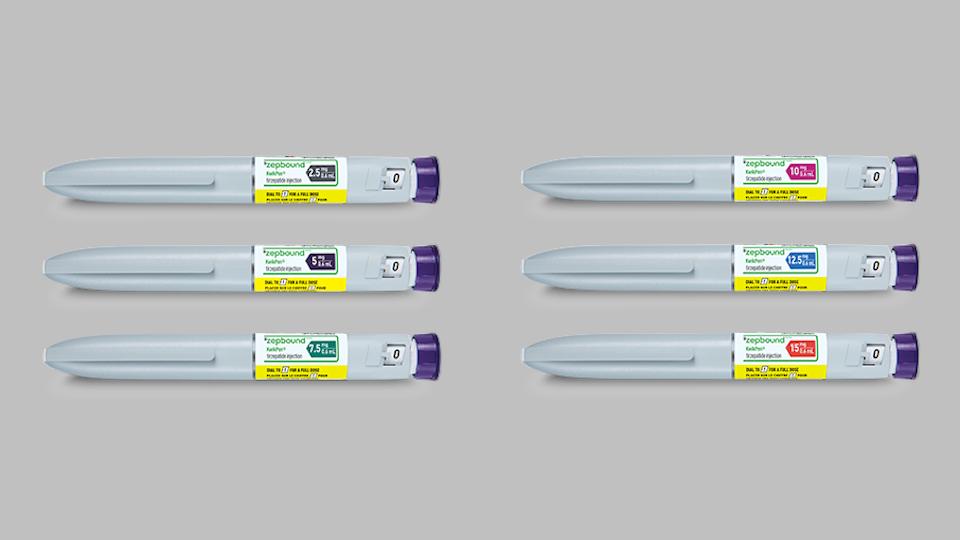CAR:T - Has biology outpaced the ability to deliver?

CAR-T, the latest development in research is catapulting cell therapy to the headlines. It’s no wonder, when it’s already demonstrated unparalleled success achieving remission rates of up to 94% in multiple hematological malignancies. However, one of the biggest challenges I’ve come across in my research is whether or not the technology can keep up?
Jane Geiger, Kisaco Research
Posing this question to my LinkedIn network of over 3000 connections, it fueled a lot of interest.
“There certainly is a capacity issue and that will increase over the next 3-5 years.” CMC specialist Cell and Gene therapy
“I think the future will be the delivery of a truly patient specific therapeutic. For example, a therapeutic directed to private patient specific mutations. The amazing power of NGS and bioinformatics is part of the enablement, but progress in automation will be required.” Adapter CAR Program Manager
“The use of universal T cells might be the right tool to overcome shortage? First trials are promising…There’s emerging of companies doing exciting work with using renewable master to develop pluripotent stem cell lines for off-the-shelf products.” Lab-Manager
It seems one of the main problems within CAR-T cell therapy is the manufacturing capacity. The current process delivers only three to five doses, which ultimately limits results.
“The beginning is over, the first products approved. This next year we will see a revolution in manufacturing that will enable delivery of the bulk of the main body of new products to come. For CAR-T, much more is possible now than is generally known and at quite some scale and that will show itself over the next year or so. We are a lot more integrated in the field than people might think but a lot of our partnerships are still confidential. I must say, as well, that it is not us that progress the work in manufacturing. We work closely with our partners but it is they who apply our tools to their manufacturing. companies are investigating what they can do with automation
and closing manufacturing systems.” Commercial Cell & Gene Therapy & Biopharma Manager
“The cost factor is an issue, this will limit investment and impact capacity growth. There is an opportunity to built fast and keep cost of manufacturing as low as possible.” Professional Biochemical Engineer
“I think we are still very much ‘Generation 1’ – what has been achieved to date is fantastic. The real issue is that we know that there is a good chance that people can benefit form the Gen 1 approaches here, today and now. Therefore there is a demand and so yes, production challenges are real.” Head of Cell and Gene Therapy Strategy
As the headlines say, there is so much positive work within CAR-T but my question generated some very interesting and aligned responses. Manufacturing is indeed slowing down the commercial success of what could be one day, the treatment to cure cancer. It will be interesting to see how the industry adapts. Investment into this technology is needed to improve this process. Given the success Novartis and Kite Pharma have achieved so far, I hope one day soon we see success stories of patients dominating headlines.
Find out more about the manufacturing process and how to streamline this for the commercial market at the CAR-T Congress USA, 20-22 March 2018, Boston.
Book before Friday 12 January and save $400 on industry tickets. www.car-tcongress.com













